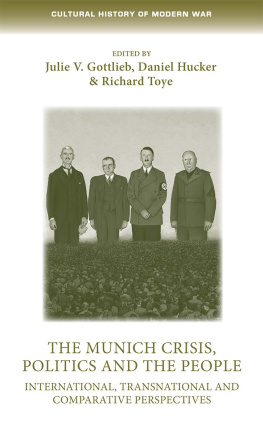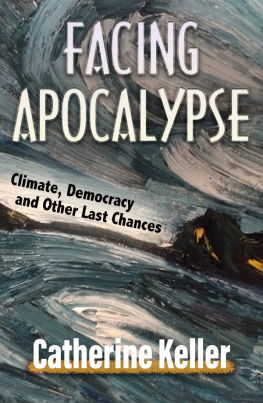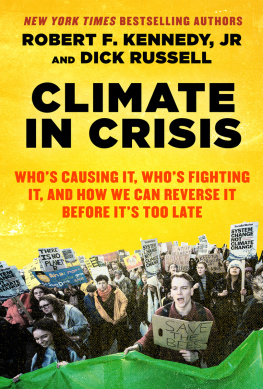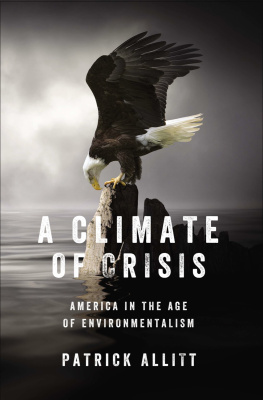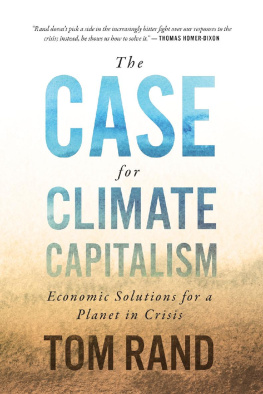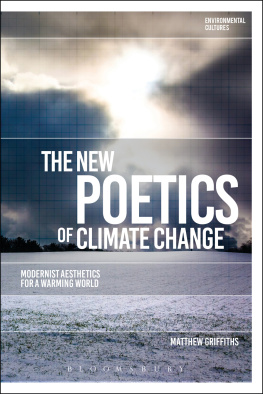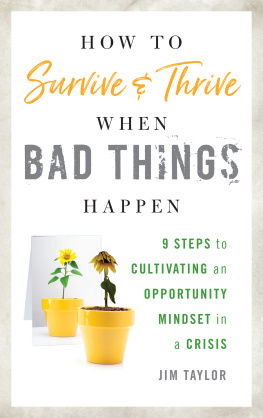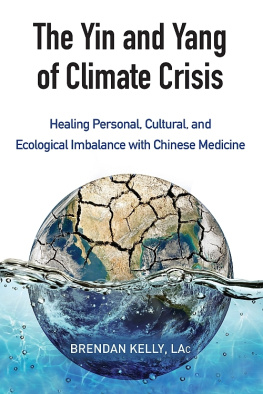Psychological Roots of the Climate Crisis
PSYCHOANALYTIC HORIZONS
Psychoanalysis is unique in being at once a theory and a therapy, a method of critical thinking and a form of clinical practice. Now in its second century, this fusion of science and humanism derived from Freud has outlived all predictions of its demise. Psychoanalytic Horizons evokes the idea of a convergence between realms and the outer limits of a vision. Books in the series test disciplinary boundaries and will appeal to scholars and therapists who are passionate not only about the theory of literature, culture, media and philosophy but also, above all, about the real life of ideas in the world.
Series Editors
Esther Rashkin, Mari Ruti and Peter L. Rudnytsky
Advisory Board
Salman Akhtar, Doris Brothers, Aleksandar Dimitrijevic, Lewis Kirshner,
Humphrey Morris, Hilary Neroni, Dany Nobus, Lois Oppenheim, Donna Orange, Peter Redman, Laura Salisbury and Alenka Zupani
Volumes in the Series
Mourning Freud by Madelon Sprengnether
Does the Internet Have an Unconscious?: Slavoj iek and Digital Culture by Clint Burnham
In the Event of Laughter: Psychoanalysis, Literature and Comedy by Alfie Bown
On Dangerous Ground: Freuds Visual Cultures of the Unconscious by Diane ODonoghue
For Want of Ambiguity: Order and Chaos in Art, Psychoanalysis, and Neuroscience edited by Ludovica Lumer and Lois Oppenheim
Life Itself Is an Art: The Life and Work of Erich Fromm by Rainer Funk
Born After: Reckoning with the German Past by Angelika Bammer
Critical Theory between Klein and Lacan: A Dialogue by Amy Allen and Mari Ruti
Transferences: The Aesthetics and Poetics of the Therapeutic Relationship by Maren Scheurer
At the Risk of Thinking: An Intellectual Biography of Julia Kristeva by Alice Jardine and edited by Mari Ruti
The Writing Cure by Emma Lieber
The Analysts Desire: Ethics in Theory and Clinical Practice by Mitchell Wilson
Our Two-Track Minds: Rehabilitating Freud on Culture by Robert A. Paul
Norman N. Holland: The Dean of American Psychoanalytic Literary Critics by Jeffrey Berman
Psychological Roots of the Climate Crisis: Neoliberal Exceptionalism and the Culture of Uncare by Sally Weintrobe
Psychological Roots of the Climate Crisis
Neoliberal Exceptionalism and the Culture of Uncare
Sally Weintrobe

For Lez
As I looked out into the night sky across all those infinite stars it made me realize how unimportant they are. Peter Cook, comedian
It is very simple. You can only see with the heart. Antoine de Saint-Exupry
CONTENTS
Aaaaarrrggghhh its hard to explain.
Frankie, aged fourteen, asked what he felt and thought about the climate crisis.
(HICKMAN, 2019, PP. 4950)
Frankie is right. The climate crisis is not easy to explain. One reason is that the subject is too big to think about all in one go. Another is that current dominant Western culture encourages people to deny or minimize the problem. Also, when people do show concern, it is mostly still met by those in power with silence devoid of care.
Psychological Roots of the Climate Crisis aims to deepen understanding of the climate crisis. It recognizes and legitimizes how people are likely to be feeling. To make the subject more digestible, the book breaks it down into parts, keeps chapters short and wherever possible stays experience near through drawing on shared examples from ordinary everyday life and culture.
The argument
The book argues that Exceptionalism, a rigid psychological mindset, is largely responsible for the climate crisis. Exceptions, people caught up in this mindset, falsely believe they are entitled to:
see themselves in idealized terms;
have whatever they want (because they are ideal);
dispense with moral and practical limits through omnipotently rearranging reality.
Most of us, unless we are saints, have an inner exception that thinks like this at times, but our caring part usually manages to rein it in. Exceptionalism is when Exceptions gain power to set the political agenda. Exceptionalism, old in human history, has triumphed globally in the last forty years. We have lived in Exceptionalisms Golden Age.
The book gradually builds and argues the case that, when thinking politically and economically, neoliberals are modern-day Exceptions in the grip of ideology that is suffused with Exceptionalism. The word neoliberal can be off-putting, a dry mouthful, but the book unpacks what it means and deepens more usual political and economic perspectives by adding in needed underlying psychology. As Bertrand Russell said in his Nobel Literature Prize Lecture in 1950, most current discussions of politics take insufficient account of psychology.
The focus is not which group holds power, but which part of the mind, or part of the overall group, holds power. The book seeks to illuminate the conflicting forces that struggle for power within us and between us. Is care or uncare in overall charge? When care no longer has sufficient power to hold uncare in check, the result is mental deregulation, a potentially highly dangerous situation. Most people have the potential to become mentally deregulated from care. The problem, being psychological, lies deeper than party politics and left right divisions. Nevertheless, currently it is neoliberal Exceptionalism that is driving mental deregulation and the climate crisis, and it is the books focus. The aim is not neoliberal bashing but seeking to understand current psychological forces shaping policy and affecting the physical and the social climates.
Mental deregulation
Psychological Roots of the Climate Crisis charts a progressive deregulation of mind from care during the neoliberal era.
Phase one (1940s to 1970s): Neoliberal ideologues worked to make their form of Exceptionalism appear as if morally acceptable and palatable.
Phase two (1980s to the present): Once in power, neoliberal Exceptions set about promoting a culture of uncare to drive self- and group-idealization (ours is the best and only way; it is triple A rated). This culture encouraged people to collude with the neoliberal project. It promoted denial and hid the truth, thereby generating fraud bubbles inside of which real limits could be ignored and greed liberated. Neoliberal Exceptions not only grew the financial bubble that burst in 2008 but they also grew the climate and environmental bubble, which the book argues is the largest and most consequential fraud bubble in human history. This bubble promotes the false belief that any inconvenient costs and harmful consequences of living in the neoliberal economy can be discounted or do not exist.
Phase three (the present): The climate bubble is now bursting as more and more people step out of denial and see the harm that neoliberal Exceptionalism has caused. People are mounting fierce opposition. Neoliberal Exceptions, continuing to maintain their foundational entitlement to be it all and have it all with no inner conflict, are showing signs of extreme mental deregulation. People noticing this have started calling politics the crazy.
How to read this book
Although the book is written as a story that develops in time, feel free to begin wherever you like, skip chapters and whole parts, and work forwards or backwards. Readers will likely already know more about some pieces of the puzzle than others. The book starts with explaining Exceptionalism. This is recommended reading at some point as it helps to make sense of the books argument that Exceptionalism is embedded in neoliberal ideology, its economy and the culture it spreads. The last part of the book explores some strands of the crazy now emerging.
Next page

